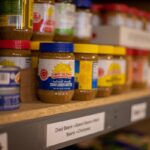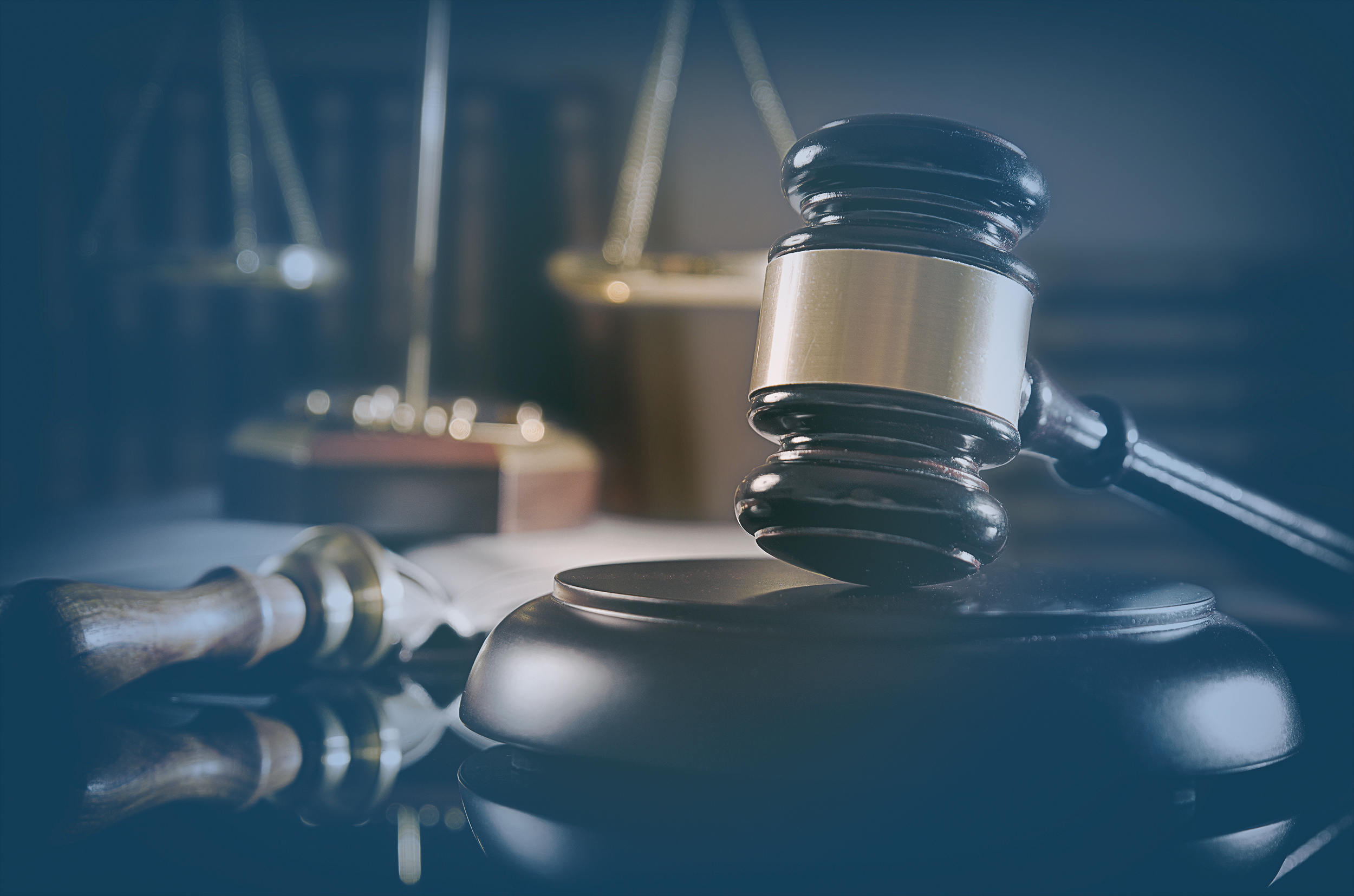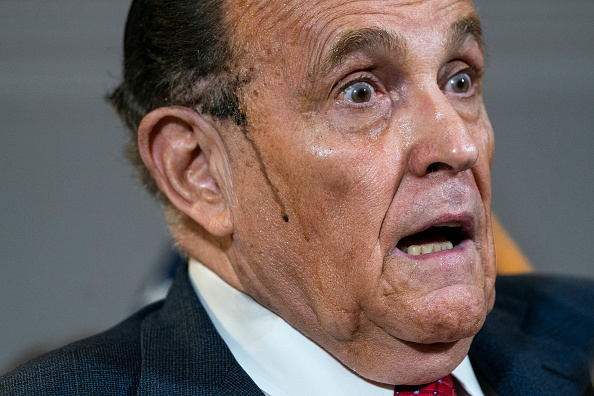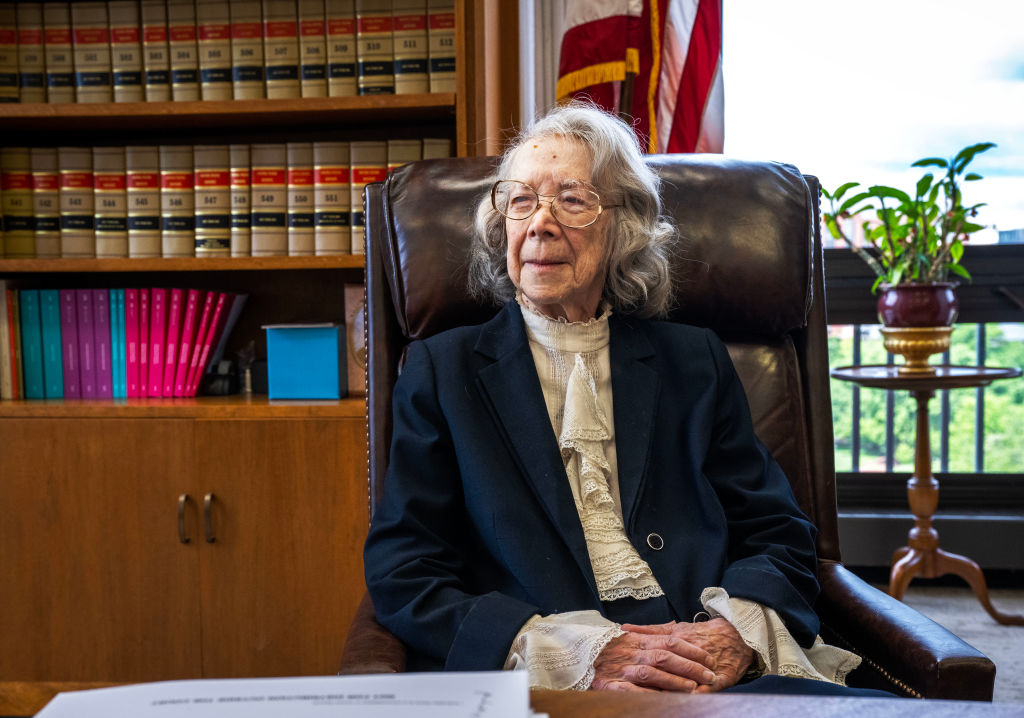To print this article, all you need is to be registered or login on Mondaq.com.
A trade mark is not registered lightly. To be eligible for
registration, a trade mark must not only have distinctive
character, it must also not conflict with an earlier trade mark. In
order to provide trade mark owners with a means of defense against
later filed identical or similar trade marks, the Benelux Office
for Intellectual Property (“BOIP“)
introduced opposition proceedings in 2004. Simultaneously with the
introduction of these proceedings, the BOIP published its
Guidelines for Opposition Proceedings
(“Guidelines“). Recently, the BOIP has
updated its Guidelines. The most prominent changes will be
discussed below.
Background
As mentioned, the first version of the Guidelines was produced
shortly after introduction of the opposition proceedings themselves
in 2004. At the time, BOIP only had limited experience with the new
proceedings, and there were all kinds of transition provisions in
place that impacted on the proceedings. Under these circumstances,
the Guidelines had a very procedural character. Now, nearly 20
years later, BOIP has a vast experience with the proceedings and
rendered almost 2500 decisions, and due to significant changes that
came along with the introduction of the Trade Mark Package, the
time had come for the Guidelines to be completely revised.
Contents
The Guidelines comprise four parts:
- Part I contains all the relevant provisions from the Benelux
Convention on Intellectual Property and the implementing
regulations; - Part II contains detailed explanation of the entire procedure
from beginning to end, with a separate section for each stage of
the proceedings; - Part III contains a brief chronological summary of the
proceedings; - Part IV deals with legal grounds and substantive aspects,
including the new grounds for opposition introduced as a result of
the Trade Mark Package. This part contains the most notable changes
and is discussed below in more detail.
Part IV – legal details in more detail
In the Benelux, the most frequently seen basis for opposition by
far is opposition based on an earlier registered trade
mark. The new section deals successively with the legal
grounds the opponent may invoke in their arguments: (i) double
identity, (ii) likelihood of confusion with identical or
similar trade marks and goods or services and (iii) taking
unfair advantage of, or being detrimental to, the distinctive
character or the repute of an earlier trade mark with an existing
reputation.
In case an opposition is based on an earlier registered trade mark
that has been registered for more than 5 years, the
opponent must submit proof of genuine use if the defendant
requests it. This is an important means of defense and not
surprisingly the criteria applicable to it are also discussed in
the new Guidelines.
The new Guidelines also deal with an opposition based on a
(non-registered) well-known trade mark within the meaning
of Article 6bis of the Paris Convention. The Guidelines
focus in particular on the difference between this ground and
invoking the repute or notoriety of an earlier registered trade
mark as explained above.
As stated before, the Guidelines introduce two new opposition
grounds: filing an opposition directed against an
unauthorised filing by an agent or representative of the owner of
an earlier trade mark (normally protected outside the
Benelux) and opposition based on a protected designation of
origin or geographical indication. These grounds do not
arise often and case law is scare, but the Guidelines nevertheless
discuss the applicable criteria of these two opposition
grounds.
Languages
Originally published by 29 January, 2024
The content of this article is intended to provide a general
guide to the subject matter. Specialist advice should be sought
about your specific circumstances.
POPULAR ARTICLES ON: Intellectual Property from Netherlands
#Trade #Mark #Opposition #Proceedings #Benelux #Guidelines #Trademark











